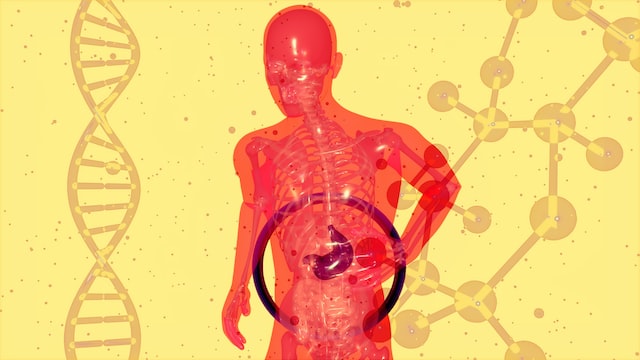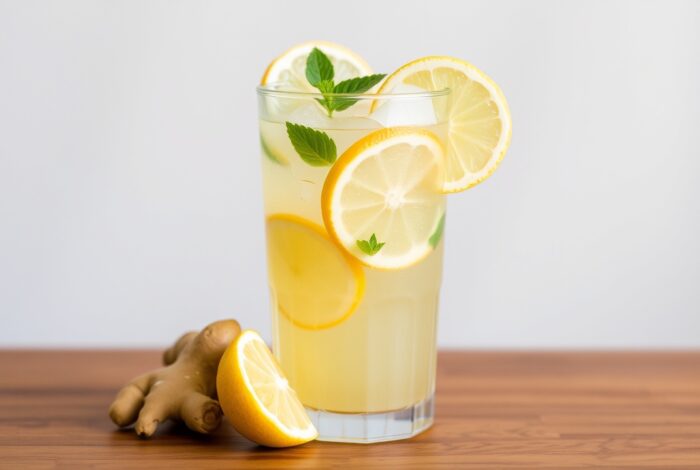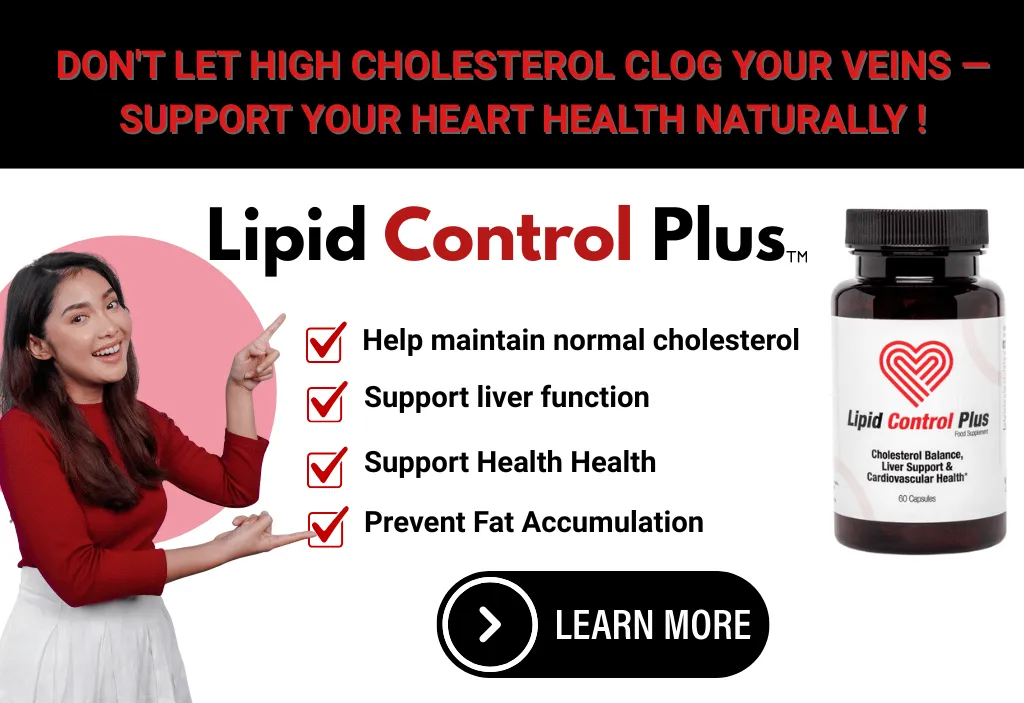Liver is the largest and most important organ in the body. It helps to process food, remove toxins from the blood, and create new blood cells. The organ helps to control blood glucose levels and protect against liver cancer. It helps to process food, remove toxins from the body, and produce blood. If liver function is impaired, it can lead to many health problems. Our bodies, although, naturally cleanse all of our organs on their own, but if we make changes to our diet and daily routine, it will be much simpler to detox the liver in particular and do so more effectively.

What is liver detox?
When your liver becomes weakened, certain symptoms manifest in your body. These include symptoms such as weakness, loss of appetite, vomiting, insomnia, feeling tired all day, lethargy in the body, rapid weight loss, and liver inflammation. This is the right time to think detoxifying your liver.
Detoxification is the process of removing toxins from the body. The liver is responsible for detoxifying many chemicals and substances that are ingested, inhaled, or absorbed through the skin. Liver detox can be done through a number of methods, including drinking plenty of water and herbal tea, eating light meals, and taking supplements such as ginger or turmeric.
Benefits of liver detox
Detoxing your liver can provide a variety of benefits, both short-term and long-term. Short-term benefits include reduced inflammation, better digestion and improved energy levels. Long-term benefits include better health overall and reduced risk of developing various diseases.
How to do liver detox?

There are several ways to do a liver detox, but the most popular is the ascetic fast. This involves fasting for 10-14 days, drinking only purified water, including yoga in your routine and avoiding all processed foods. Other methods include eating lots of fruits and vegetables, taking supplements such as milk thistle or bilberry extract, performing yoga or meditation, and using herbs like dandelion or burdock. The basic steps to liver detox include
- Taking liver-cleansing supplements
- Consuming liver-friendly foods
- Avoiding specific food types.
- Fasting only on juice.
- Using Enemas to cleanse the colon and intestines.
Tips for doing liver detox
When it comes to doing a liver detox, there are a few tips you should keep in mind. First and foremost, make sure to stay hydrated. This is especially important if you’re doing a detox diet because it can help flush out your system faster. Additionally, eat foods that are high in fiber to help remove waste from your body. And finally, try to get plenty of rest and exercise during the detox process – both of which can help improve your overall health.
Small Meals : A small, frequent meal is a good way to help the liver cleanse itself. These meals should be light and include plenty of water, vegetables, and fruits. One of the best ways to help your liver is to eat a diet high in vegetables, fruits, and whole grains. When you eat a diet that is high in fiber, it’s easier for your body to expel toxins from your system.
Small meals in liver detox are important for several reasons. First, they provide a steady stream of nutrients to the liver, which is an organ that helps process and eliminate toxins from the body. Second, small meals help us to stay busy and motivated during liver detox, as they keep our minds occupied. Third, small meals help us to avoid eating large quantities of food at once, which can lead to overeating and weight gain. Finally, small meals allow us to enjoy a variety of foods while keeping our palate clean and healthy.
Fatty Acid rich Diet : Fatty acids are naturally occurring molecules that can be found in both animal and vegetable sources. These compounds are important for a healthy liver because they help the organ remove toxins from the body. In addition, fatty acids can play a role in regulating cholesterol levels.
Vitamin D intake
For people with NAFLD and non-alcoholic steatohepatitis, vitamin D has been suggested as a potential therapeutic option to treat liver damage. Vitamin D is known to play a role in preventing fatty liver disease and may be important in treatment as well. In fact, research suggests that people who have low levels of vitamin D are two times more likely to develop fatty liver disease than people who have normal levels of vitamin D. One study found that people who took supplements containing vitamin D had a 82 percent reduction in the risk of developing fatty liver disease over a four-year period.
Stop Alcohol consumption
Alcohol is one of the leading causes of liver cirrhosis and liver cancer.
So, you should stop drinking to heal your liver? Yes. The vast majority of people who stop drinking experience immediate and long-term benefits to their health, including better sleep, fewer cravings, and less weight gain. Stopping alcohol can also help shrink or even eliminate liver tumors. There are a few caveats: If you have severe hepatitis C or if you are pregnant or breastfeeding, speak with your doctor first before quitting alcohol. And don’t start drinking again if you experience any uncomfortable side effects from quitting—these may include headaches, anxiety, mood swings, nausea, or vomiting.
Fibre Rich food
Smooth liver function can be achieved by increasing the intake of fiber-rich foods. It is also necessary to maintain a balanced diet in order to keep the liver healthy. The body requires regular consumption of nutritious foods like whole grains, fresh produce, lean proteins, dairy products, etc. Fiber-rich foods are essential for maintaining digestive health and overall health.
Avoid self medication
The liver may experience side effects from taking too much medications, so caution should be taken to protect the organ’s health. Hence, without consulting a doctor, one should not take medications. The liver can suffer damage from self-medication with over-the-counter drugs. Pain relievers, in particular, are thought to be harmful to the liver and kidneys.

Lifebing is driven by an unrelenting passion for promoting health and well-being, our team is wholly committed to curating exceptional content and immersive experiences.

